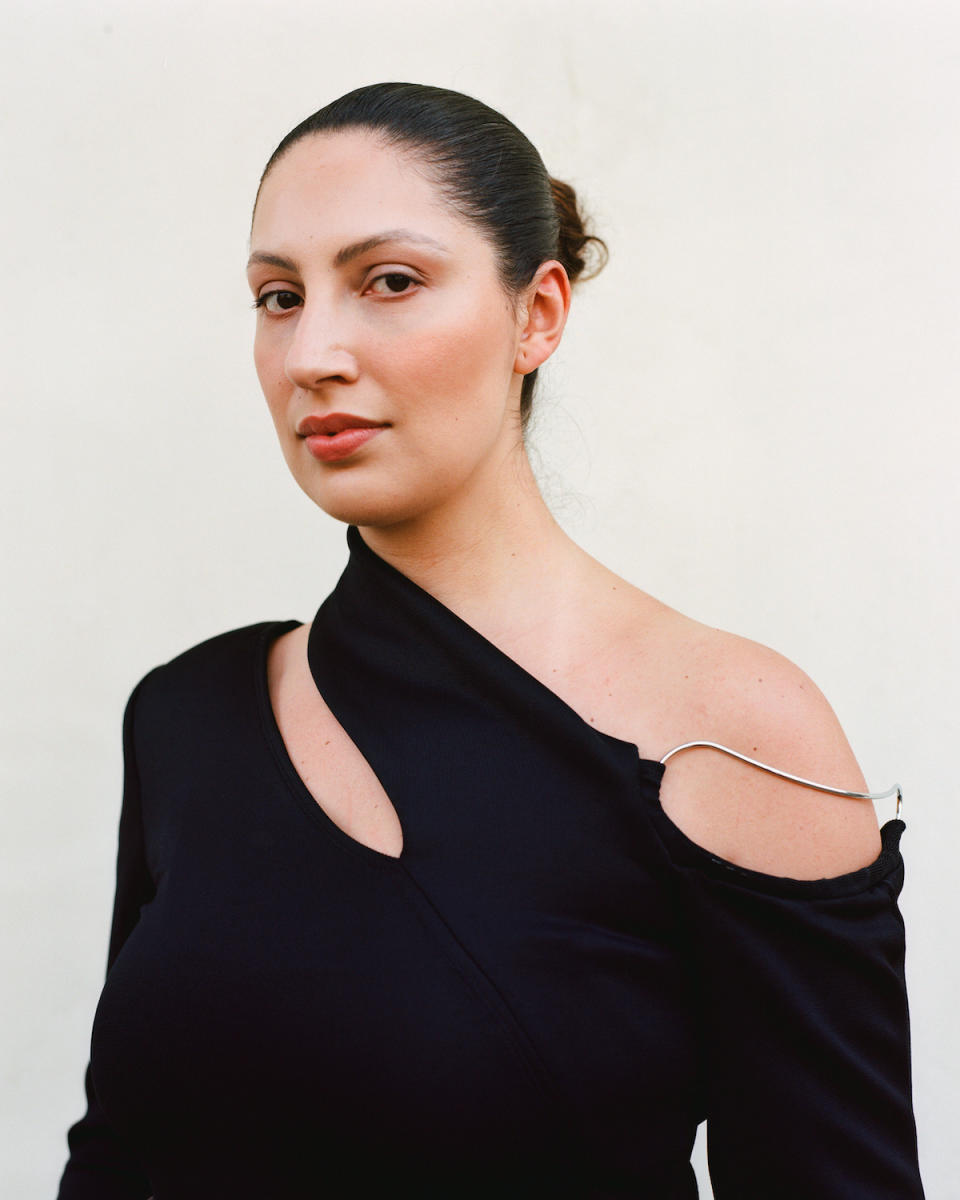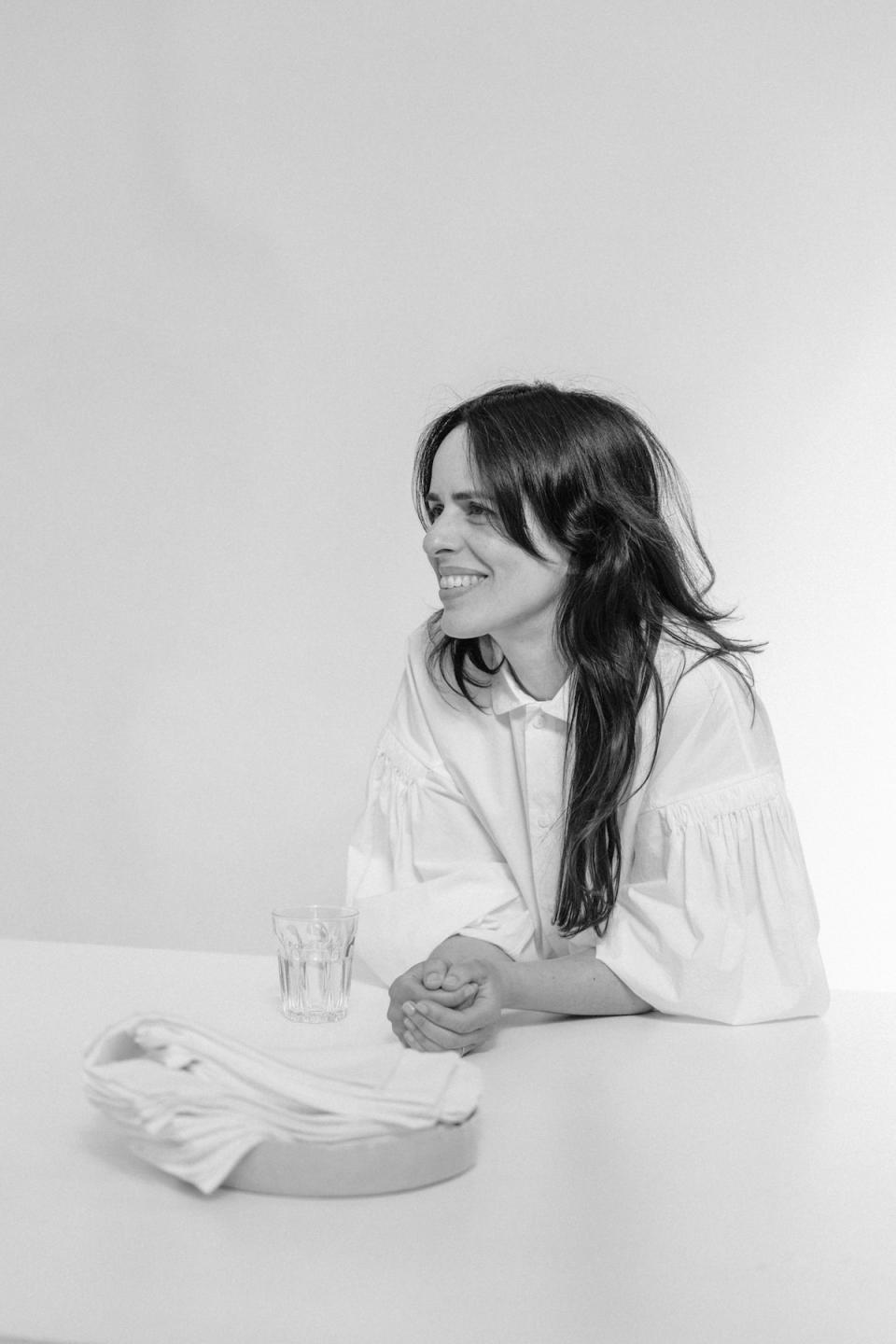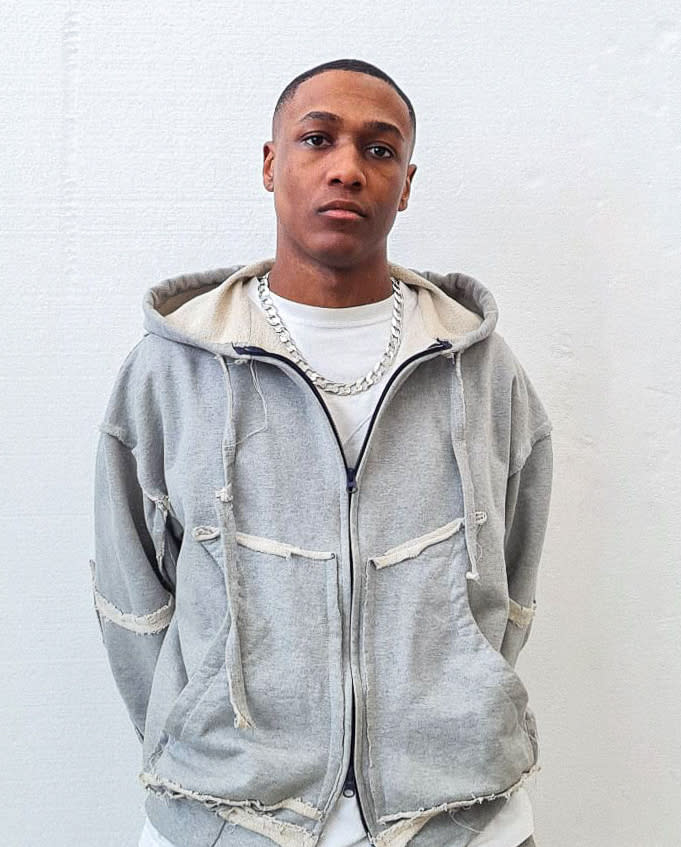9 Sustainable Designers Vie for Challenge the Fabric’s $10K Cash Prize

As sustainability becomes more than a “nice to have” in the fashion world, industry players are backing initiatives like Challenge the Fabric (CTF) to tackle the need head-on.
The enterprise, hosted by Ekman Group and organized together with the Swedish Fashion Council, announced the finalists for the 2024CTF Awards, a talent competition promoting—and encouraging—the use of bio-based and recycled materials as well as establishing lasting relationships between emerging designers and material innovators.
More from Sourcing Journal
Nine designers were tasked with creating their own look using roughly 33 feet of manmade cellulosic fibers (MMFC) fabric, provided by a selected CTF Award Innovation partner. Their projects will be showcased during an exhibition in Milan on May 14-15, to be judged on criteria like creativity and innovation in using the MMFC fabric. The winner of the CTF Award will be announced during the event and receive a cash prize of $10,000.
“When we first started CTF back in 2018, we felt that there was a disconnect and lack of communication between different stakeholders in the supply chain of MMCFs,” Nina Elmersson, vice president of Innovare at Ekman Group, told Sourcing Journal. “With Ekman Group being one of the largest independent trading houses within the forestry sector, we recognized that we were in a good position to use our network to create a forum or platform to bring together the different stakeholders to bridge this gap.”
The finalists—and their corresponding innovation partner—include Abra, partnered with OnceMore; Karoline Vitto, partnered with HeiQ AeoniQ together with MAS Holdings; Louise Lyngh Bjerregaard, partnered with Nanollose; Paolina Russo, partnered with Spinnova; Renata Brenha, partnered with Birla Cellulose; Sylvi Sundkler, partnered with Infinited Fiber; Torishéju, partnered with Circ; Vel Don Sa Lim, partnered with Pyratex; and Yaku, partnered with Impetus Group together with Circulose.
“To make sure we found the perfect match between the finalists and their innovation partner, we looked closely at what makes each brand unique. We checked out their core values, mission, brand DNA and fabric use, and we also looked at how they’ve worked with MMCF material in the past,” Jennie Rosén, CEO of the Swedish Fashion Council, said. “With all that information, we were able to match each finalist with their respective innovation partner and find the best pairs for success.”
Spanish women’s accessory label Abra was founded by Abraham Ortuño Perez in 2020 and is the “culmination” of the designer’s lifelong passion for footwear. OnceMore—produced by Södra—is a large-scale process for recycling blended fabrics and is a solution to circularity for MMCF products as it’s a raw material that’s both recycled and renewable.

Brazilian-born and London-based designer Karoline Vitto “subverts narratives about shape and size” by “placing the body in the center of the design process,” CTF said. Her namesake label was founded in 2020 with all pieces made on-demand, available from sizes UK 8 through UK 28. Her innovation partner, HeiQ AeoniQ, is a continuous cellulose filament yarn with enhanced tensile properties.
“It’s an honor to be selected as a finalist for the CTF awards among such an incredible group of brands,” Lola Caldeira of Karoline Vitto said. “We work with sizes S through 4XL, which as an independent brand, can be challenging and costly. So, if I win, I would use the funds to further develop our fit and grading system, also sampling in different sizes across the new collection.”
Louise Lyngh Bjerregaard’s eponymous label focuses on “technical sensibility while uniting art, fashion and subversion.” She founded her namesake womenswear label in 2021 and had her runway debut during Couture Week that same year. Nanollose, the MMCF she is tasked with creating a look with, turns liquid waste into rayon fibers. Its Nullarbor Fibre is derived from sustainably grown microbial cellulose that is proven to withstand industrial manufacturing and easily dropped into existing production processes.
Paolina Russo—the brainchild of Russo and Lucile Guilmard—modernizes traditional crafts like knitwear and natural dyeing for a “unique aesthetic blend of folkloric tradition and futuristic innovation,” CTF said. The brand is a finalist of the LVHM Prize 2023 as well as the International Woolmark Prize 2023. Spinnova is known for its natural fiber material, comparable to other natural cellulosic fibers as it is soft, breathable and feels like cotton.

Renata Brenha is a Brazilian women’s wear designer based in London. Her eponymous brand “reframes the place of women and Latin America in contemporary fashion,” CTF said, and is based on a sustainable mindset and the reuse of resources. Her partner, Birla Cellulose, is a 100-percent nature-derived cellulosic fiber.
“The very core of our brand is about developing sustainable practices so I’m thrilled to be partnering with Birla Cellulose, a leading producer in sustainable technologies, for this challenge,” Brenha said.
Sylvi Sundkler was founded last year by Swedish designer Matilda Sundkler. The brand centers around the management of Sweden’s waste wool, utilizing the country’s discarded wool to “bridge the gap between innovation-making processes and fashion design.” Meanwhile, Infinited Fiber’s technology turns textile waste—which would otherwise be landfilled or incinerated—into Infinna, a circular textile fiber that reduces reliance on virgin raw materials.
Torishéju Dumi produces womenswear and menswear under her label, Torishéju. The brand works to broaden existing notions of Black artistry, CTF said, and her work communicates a “deeply personal vision.” Dumi was paired with recycling startup Circ, which uses hydrothermal processing to separate polycotton blended textile waste, recovering both cellulose and PET fibers for new lyocell or polyester fabrics.
Veldon Salim’s brand, Vel Don Sa Lim, embraces hyper-femininity and is inspired by the fundamental principles of Indonesian dressing. Madrid-based material innovator Pyratex sources bio-based, natural and recycled fibers that have a lower environmental impact to be transformed into a fiber following the Pyratex formula before spinning a monofiber or fiber blend yarn.

Yaku Stapleton uses his namesake label, Yaku, as a “platform for adventurous creativity,” CTF said, “guided by sculpture and costume design techniques.” Yaku is inspired by the Afrofuturism movement and uses it “as a vehicle to connect with his Blackness and provide opportunities for others to introspect their identity through his designs.” His innovation partner, Impetus Group with Circulose, using recently bankrupt material innovator Renewcell’s signature fiber.
“As someone who primarily works with deadstock fabrics or upcycled materials, it was really cool to be selected for a project highlighting other sustainable materials I haven’t yet had the chance to fully explore,” Yaku Stapelton said. “I think it’s really great that events like this are organized to showcase all these new fabrics being developed and demonstrate all the different ways they can be used through the unique visions of each of the designers.”
Arauco and Birla Cellulose are CTF 2024’s platinum partners. Gold partners include Södra, OnceMore, Renewcell, Impetus Group, Nanollose, Circ, Infinited Fiber, Spinnova, Pyratex, HeiQ AeoniQ, and MAS Holdings.

